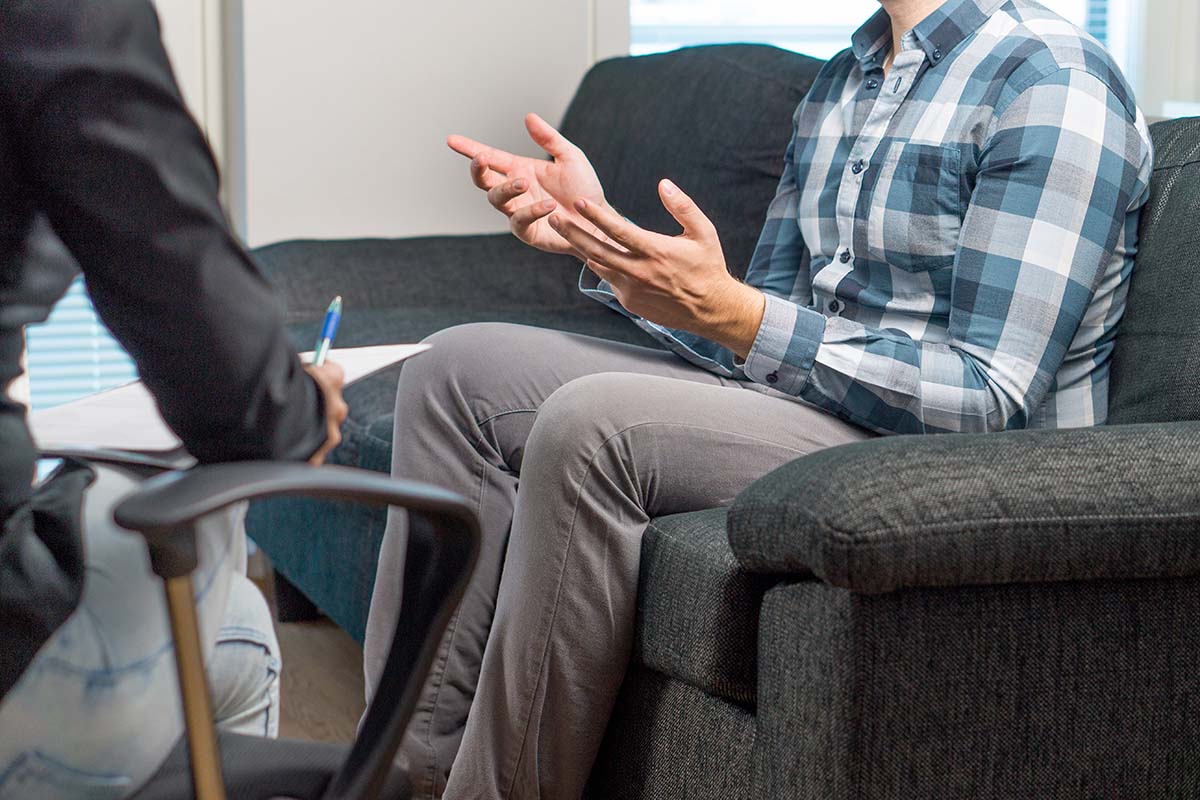Bipolar disorder affects 46 million men and women globally and 2.8% of the population in the U.S. according to the National Alliance for Mental Health. It impacts their mood and can cause extreme highs (mania or hypomania) and lows (depression). There are several treatment options for bipolar disorder through an accredited treatment center in Portland. A bipolar disorder treatment program involves a combination of behavioral and holistic therapy and medication to reduce the symptoms causing the most harm.
At Crestview Recovery, we work with men and women from all walks of life who are struggling with bipolar disorder, substance use disorder, or other mental health illnesses. Our beautiful and spacious center give patients the time and space they need to work on their recovery, surrounded by staff who dedicate themselves to seeing them reach their goals. For more information on mental health treatment programs, call 866.262.0531 or send us a message online, and we will get back to you within 24 hours.
What is Bipolar Disorder?
Bipolar disorder is a disease that affects the way people see themselves and the world around them. It’s characterized by extreme mood swings where patients can seem unusually energetic and upbeat or have an exaggerated sense of well-being during manic episodes. Conversely, they can experience sadness, insomnia, trouble concentrating, and other symptoms during a depressive episode. In some cases, patients can experience both repeated mania and depressive episodes.
There are three main types of bipolar disorder:
Bipolar Disorder I
Patients with this type of disorder will experience manic episodes followed by hypomania, or less severe manic episode, or a depressive episode. In some cases, patients may experience psychosis.
Bipolar Disorder II
This type is characterized by one depressive episode and one hypomanic episode. Patients don’t experience full manic episodes.
Cyclothymic Disorder
This type involves multiple hypomanic and depressive episodes within a two-year time period for adults and one year for children.
Treatment Options for Bipolar Disorder
At Crestview Recovery, we have experience treating bipolar disorder and other mental health disorders at our discreet facility. We take the time to get to know all patients and build relationships. The objective is for them to feel comfortable opening up and talking about their feelings.
While there is no cure for bipolar disorders, there are several evidence-based treatments and medications that allow patients to manage their symptoms and lead productive lives. Here are some of the best ways to treat bipolar disorder:
Behavioral Therapy
Patients will participate in various types of behavioral therapy. During sessions, therapists or counselors will work one-on-one with patients to uncover the root cause of the disorder and teach them how to process their feelings. They develop healthy coping skills to manage their symptoms and practice them with their peers during group therapy.
Medication-Assisted Therapy
Medications such as mood stabilizers, antidepressants, and antipsychotics have proven to be effective in reducing many of the symptoms of manic and depressive episodes. Medical staff will administer medications and adjust the dosage to find the right combination of medications for the most benefits. When combined with therapy, medication can help people manage their mental health in the long term.
Family Therapy
One important step in recovery is family therapy. This allows for parents, siblings, and spouses to talk about any feelings or frustrations they have while in a safe environment. At the same time, everyone learns how they can be supportive during and after recovery.
Family therapy sessions may include discussions about trigger avoidance, communication skills, relapse prevention strategies, and more. With the help of a mental health professional, family members can develop healthier relationships that promote recovery. Additionally, family members learn how to recognize signs of relapse in their loved one and how to support them through it.
Crestview Recovery: Your Top Resource for Treating Bipolar Disorder in Portland
 At Crestview Recovery in Portland, Oregon, we specialize in providing personalized treatment for bipolar disorder. Our caring staff understands the unique needs of individuals struggling with this condition and is dedicated to helping them on their journey to stability and wellness. Bipolar disorder affects men and women evenly, but we can provide specialized treatment in both our women’s rehab program and our men’s rehab program.
At Crestview Recovery in Portland, Oregon, we specialize in providing personalized treatment for bipolar disorder. Our caring staff understands the unique needs of individuals struggling with this condition and is dedicated to helping them on their journey to stability and wellness. Bipolar disorder affects men and women evenly, but we can provide specialized treatment in both our women’s rehab program and our men’s rehab program.
With our individualized approach, we tailor treatment plans to meet the specific needs of each person, ensuring the most effective and comprehensive care possible. If you or a loved one is seeking support for bipolar disorder, call us today to learn more about our treatment options and begin your path to recovery.
































